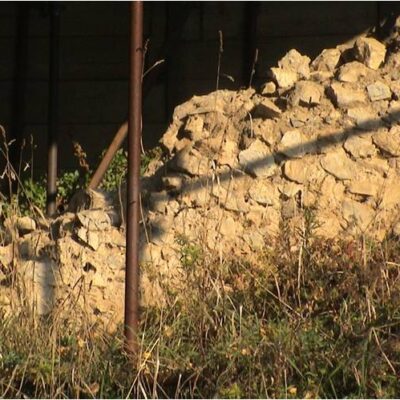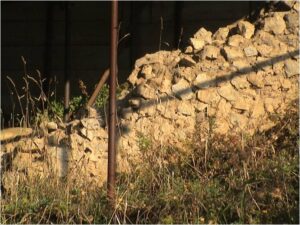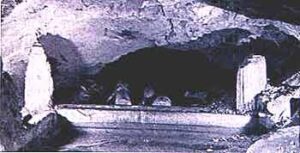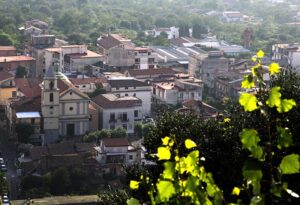Classical archaeology

The Amalfi Coast has been frequented since ancient times and the testimonies that have survived over time are the remains of villas but also of port structures.
In ancient times, in fact, the coast, still wild and not transformed by the terracing of the slopes, offered hospitality to those who wanted to spend their rest away from the big cities, such as Pompeii, Nuceria or Rome itself, and who built houses here which in part or in all they have been preserved.
From the villa of Minori, dating back to the 1st century BC. C. with the triclinium – nymphaeum decorated with precious mosaics, to that, recently rediscovered in Positano, with the paintings that have preserved the vivid chromaticism of when the masters retired to the coolness of the porch and garden, to that of Tramonti, which arose at the point more easily accessible from the nearby pass on the ager nucerinus did not welcome holidays but ensured the cultivation of the territory and the transformation of products, and to that of Amalfi, with the objects found on site and dating back to the time of its occupation, all ensure a knowledge thorough study of this period on the Amalfi Coast.
The door of the itinerary in Minori opens the vision of a world that is worth reliving through the testimonies still present.
The itinerary provides for the arrival in the individual municipalities with the traditional means of connection (bus, own car) and the movement on foot to reach the archaeological evidences involved.

Villa romana – Tramonti
MUNICIPALITY: Tramonti NAME: Villa rustica (Roman era) LOCATION: Polvica DESCRIPTION: The most important and still visible evidence is a part

Villa romana – Positano
MUNICIPALITY: Positano NAME: Villa Marittima (Roman era) LOCATION: P.zza Flavio Gioia DESCRIPTION: This villa was used for the vacation of

S. Egidio del Monte Albino
UNESCO AmalfiCoast The urban centre, on the slopes of Monte Albino, was already frequented in Roman times (the crypt of

